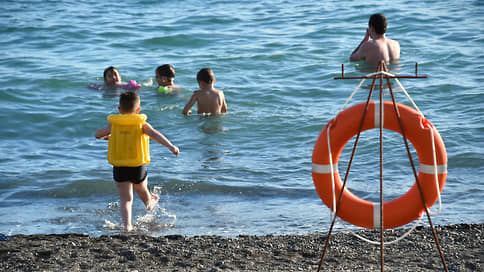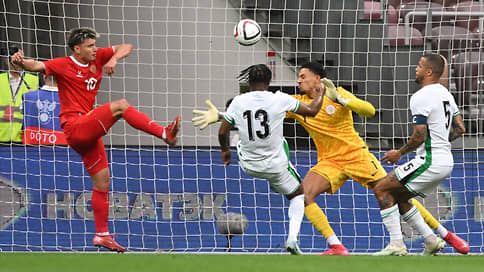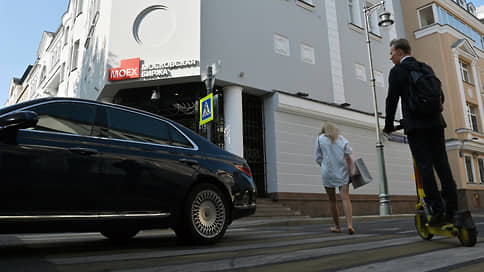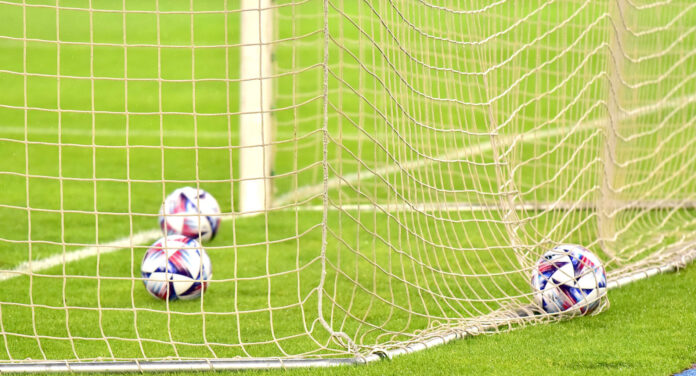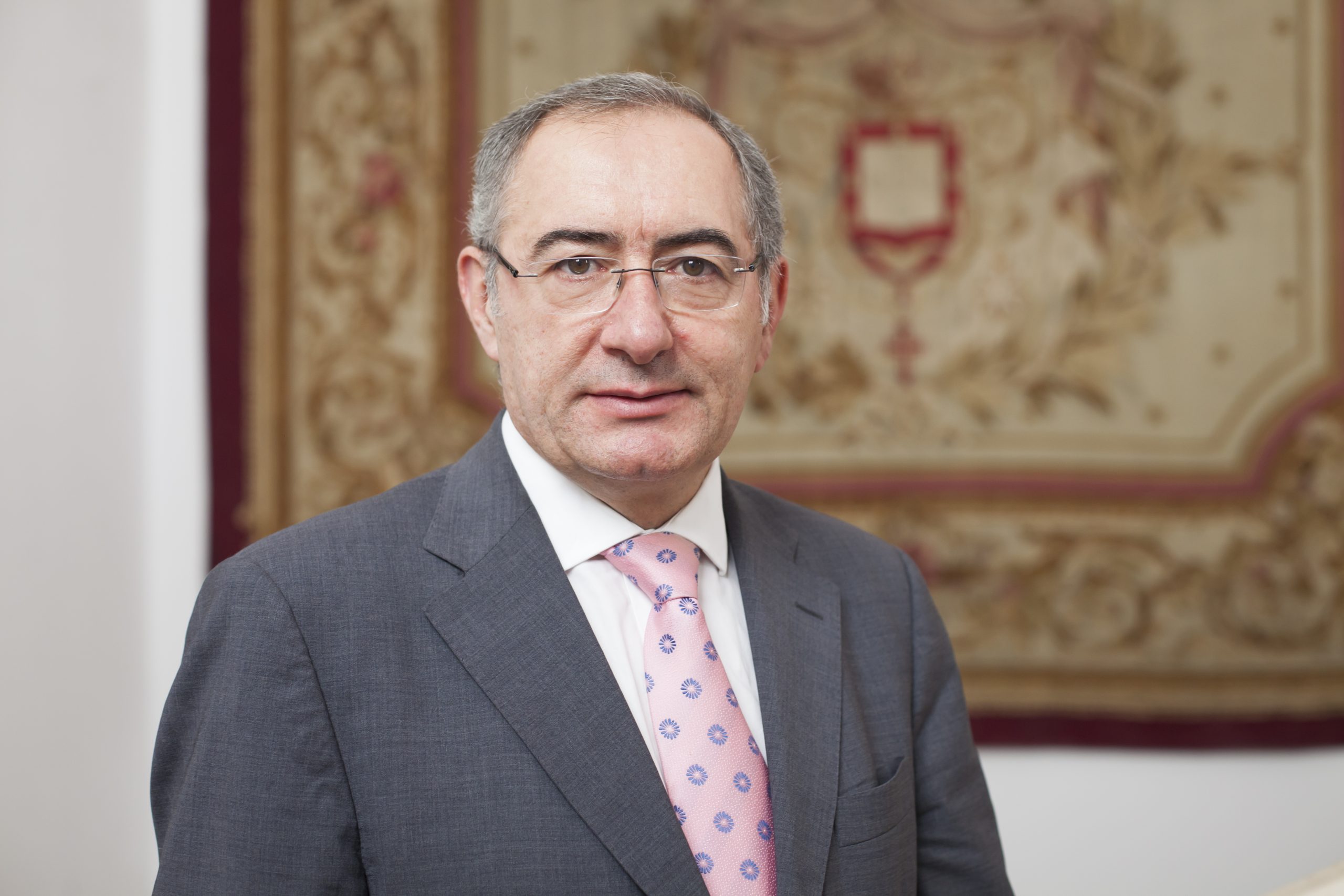Why in Russia the demand for wine produced in the country is growing
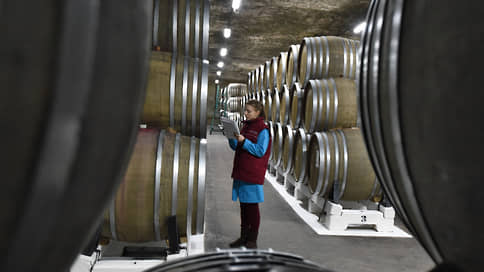
By the end of February 2025, the sales in Russia of wine produced in the country have increased by more than 20% of the year, and almost doubled through separate sales channels. Import wine, taxed by increased duties, is rapidly leaving the mass turnover. An obstacle to the further growth of Russian wine sales may be a limited raw material base and regional anti -alcohol campaigns.
About 54% of Russian consumers interviewed by the beginning of April Simplewine retail network are of interest to guilty in the Russian Federation. From the same study, which Kommersant has, it follows that 73% of respondents are sure: local wines can compete with foreign brands. The maximum amount that buyers are ready to pay for good Russian wine is 2.4 thousand rubles. For the bottle.
According to Simple (which includes Simplewine), in the first quarter of 2025, the largest increase in sales of Russian wine in kind – by 92% a year for the year – was recorded in restaurants and hotels. Sales through winery for the same period increased by 57%, in retail networks – by 28%. According to Luding Group, as of February 2025, the share of Russian wine in the market increased by a year by 3.13 percentage points (p. P) to 60.3%. The share of quiet wines has grown by 8.16 p., To 56.8%, sparkling – decreased by only 0.72 p. P., to 71.5%. The sales of Russian wines from the Fort Vino trade company for February 2025, according to its executive director Alexander Lipilin, increased by 23% of the year, and the share of local products in the total assortment reached 16%.
Russian consumers switched to local wines, since imported ones have cost more, says Alexander Stavtsev, the head of Wineretail.
In August 2024, the Government of the Russian Federation set a rate for wine from unfriendly countries at 25% (but not less than $ 2 per 1 liter) against 20% of the customs value of the goods earlier.
A decrease in competition due to a decrease in the presence of imported wines can adversely affect the development of the industry in the long run, warns Alexander Lipilin. In addition, the expert adds, Russian winemakers do not have time to satisfy the growing demand, which leads to an increase in prices for products manufactured within the country.
Alexander Stavtsev is skeptical of forecasts of further rapid growth in sales of Russian products.
Production has already reached the limit, and due to the limited raw material base it will not be possible to quickly increase it, the expert explains. According to him, the vineyards expand gradually and far from the entire crop that is harvested last year can be used for the production of wines.
The lack of Russian wine, especially in the mass segment, is already affecting sales, they say in Ladoga. According to this alcohol company, in the market in January -February 2025, the sales of sparkling wines in January -February decreased by 34.5%.
On the other hand, state support for Russian winemaking is poorly combined with the anti -alcohol campaign in the regions, emphasizes Alexander Stavtsev.
“First of all, winery will suffer from restrictions, since they have fewer food in the assortment than alcoholmarkets,” he says. So, in the Vologda region, after the entry into force of temporary restrictions on the sale of alcohol, two large Global winery in Cherepovets and Vologda closed, the expert gives an example. According to him, at each network point up to 350-400 positions in the assortment – Russian products from 70 winemakers of the country. The restrictions on alcohol sales, which are now being introduced in a number of regions of the Russian Federation, according to the general director of the Abrau trading house Nikolai Korolev, « do not at all contribute to the consumer to make a choice in favor of Russian wines. »
The policy of alcohol trading in certain regions can reduce the availability of products for consumers and will affect the capabilities of wineries to represent their products, agree in Kuban Vin. According to Vladimir Kosenko, the chief ambassador of the Luding Group wine portfolio, the popularization of Russian wine for the payback of invested state investments cannot be achieved through a reduction in outlets. He is sure that it is effective not to prohibit or limit alcohol sales, but to promote the culture of conscious consumption.

